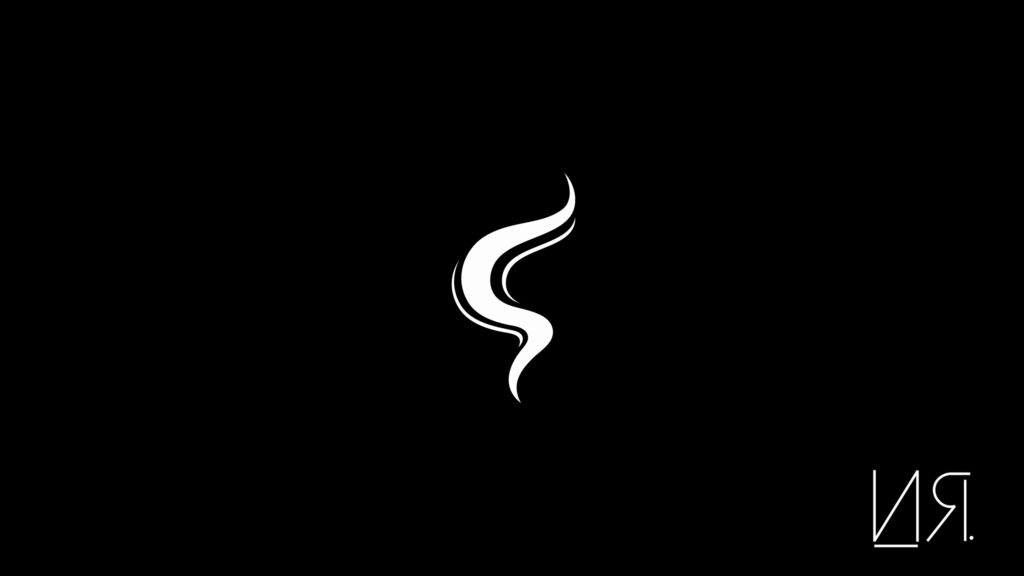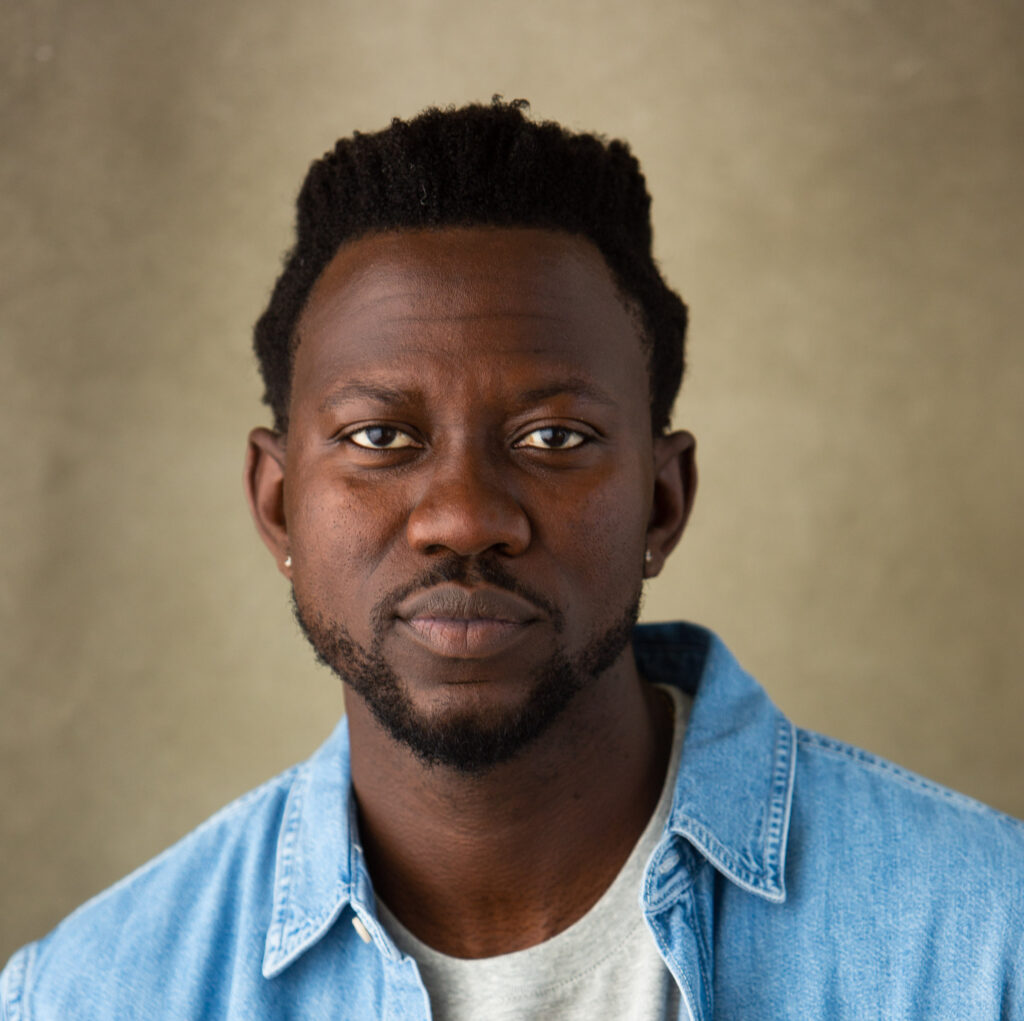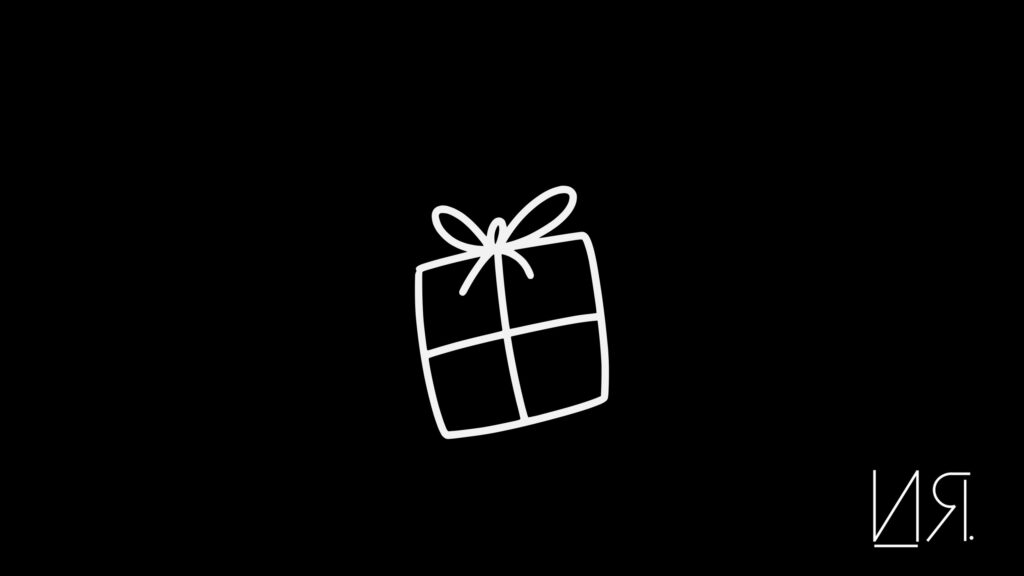Why is it that achieving things only leaves you wanting more?
I remember in 2008, when I got my first job out of graduate school. I was very excited and called my parents to tell them the news.
My dad was very excited and then dropped some wisdom on my lap before hanging up. He said: “Great job. Ku ise. But you know the reward for hard work is more hard work”
“Really? These African parents. Can I enjoy this moment in peace?” I thought. “What type of twisted Yoruba philosophy is this?”
A few months later, the new job had lost its gloss. My mornings had become routine. My early 20’s mind was looking for the next shiny thing to strive for.
Something else that will make me happy.
Almost 15 years after getting that job, I can sit back and reflect on that statement from my dad.
I had no clue it had to do with being in the flow state and experiencing happiness.
The illusion of happiness
Let me guess, there’s a good chance that this is how happiness was sold to you.
Go to school,
Get good grades,
Get a job,
Get promotions,
Get married,
Have children,
Live happily ever after until you’re old and die.
Oh yeah, before you die, make sure you indoctrinate your children to follow the same path.
We’ve been educated to believe that happiness is about achieving things – an illusion that keeps most people in a state of constant dissatisfaction.
How many times have you gotten something just to start striving for something else?
“When I finally get that job. I’ll be satisfied.” A month later, you shift to another craving.
“Only if I started a business on the side while working, that would do the trick.”
Congrats, you are now a high-status employee and business owner. You can update your Linkedin profile now. Happiness on the other hand, still evades you.
You walk by some street performers, they seem to have less than you but they are happier. You turn on the TV, you watch your favorite athlete shine in their peak performance. You start to believe that enjoyment is not for you.
The narrative begins: “I don’t have the luxury of doing art, playing sports and other enjoyable things. That’s for the youth”
Is that true? Have you ever questioned where you learned that?
Perhaps you have over-indexed your happiness on an education system and social order that was designed to make you conform.
Fear of freedom
When I wrote my first book – PRESS PLAY, one of the musicians I interviewed was Seun Kuti, Grammy-nominated artist and son of the legendary Afrobeat pioneer Fela Kuti.
Seun uses his music to speak about oppressive conditions in Nigeria and across Africa.
When we met, one of the themes we spoke about was “Mass Education” and how the education system developed in Nigeria is failing its citizens.
He referred me to a book “PEDAGOGY OF THE OPPRESSED” by Brazilian educator and philosopher, Paulo Freire.
I read that book and it moved me in an unexpected way.
In the early pages, the author states that people have a “fear of freedom,” so they’d rather stay in a structured and dominating social structure.
Getting into “circles of certainty” gives us a sense of comfort.
Our education system trains us to seek this immediate and reliable comfort.
As I read the book FLOW: The psychology of optimal experience by Mihaly Csikszentmihalyi, I saw a similar theme in the introduction.
“Flow state is when psychic energy is fully focused towards a self-directed goal and psychic disorder is eliminated which leads to the increase in complexity of the self.”
~ Mihaly Csikszentmihalyi, author of FLOW
The author provides steps towards enhancing the quality of life but starts off by explaining our “roots of discontent.”
He acknowledges that we live in a chaotic world, and “how we feel about ourselves, depends on how the mind interprets everyday experiences”
Seeing these two big ideas at the beginning chapters of two important writings on education, happiness, revolution, and creativity makes me think that our need to “control the chaos” with order and comfort provided by external validation is what’s stopping us from genuine happiness.
It prevents us from being fully formed participants at directing the quality of our human experience – and ultimately our happiness.
Four steps to begin the transformation
When we take a more active and creative approach to life, we feel less as objects that happiness is handed to and more as historical beings that have the capacity to create and choose happiness.
We become less reliant on social trophies that immediately melt in our hands once we grab them.
When you become an active participant in the content of your experience, you’ll live a more fully-formed life.
You’ll participate in the active transformation of reality in the present – driven by intrinsic goals and not external shiny objects.
Here are four ways to begin shifting your perspective from accumulating symbolic goals to improving the quality of your experience.
1. Understand your consciousness
You consume information therefore you are.
“I think therefore I am” is a famous quote from 17th century French Philosopher Rene Descartes exploring the core human consciousness.
Who am I?
What am I?
Why am I here?
These questions have moved me to explore multiple religions, spiritual origins, and philosophical texts.
Is there an intangible soul or are we just experiencing some chemical firings in our mind?
In the book FLOW, the author uses information theory to explain consciousness.
According to him, consciousness is the sum total of information we receive and process that fills up our attention and memory.
Information is everything you experience both internally (thoughts & memories) and externally (sounds, tastes, smells, visual, sensory).
It’s all in and around us.
Since we have a limited ability to hold certain information at a time (40 bits per second), the people that have a more enjoyable time are those that are aware of their conscious energy and direct it towards achieving intentional self-directed goals.
“an individual can experience only so much. Therefore, the information we allow into consciousness becomes extremely important; it is, in fact, what determines the content and quality of life.”
~ Flow
Become more aware of your conscious activity and the information you pay attention to. Only you have the control to direct to whatever you wish.
2. Understand your survival needs for order
Who knew the laws of thermodynamics had anything to do with happiness.
When I was back in Chicago, I learned about thermodynamics in undergrad.
The 2nd law of thermodynamics states that entropy (the state of disorder) in a closed system increases with time.
The universe is vast, cold, and chaotic.
Every day, it expands and gets more disordered as entropy increases.
New stars form, others explode and die. Rocks clash.
It’s U-N-I-Verse At War like Common rapping on a track by The Roots in 1996.
The universe was not meant to be conducive to your human comfort.
Our conscious mind builds order to deal with this disorder. When that order is shattered we become disillusioned.
Knowing how our genes and social systems are built to help us survive in this chaotic space will help you understand your drives.
Without this understanding, you will be exploited by the desires of your genetic coding, which can easily be manipulated by the social controls that are built on rewards and punishments.
Yes. That ad that made you want to buy something to make you happier is playing on this lack of awareness.
The path to true liberation is to know thyself.
Understand your need for order and choose experiences that help you intentionally order your consciousness to achieve goals you set for yourself.
3. Grow your complex self with attention
Flow is about watching yourself grow in the moment.
Have you been in a group of people and feel like you just don’t vibe? You expend so much energy after being around them.
That feeling might come from the fact that you feel different and your “full self” is not accepted or welcomed.
You might decide to withdraw. Be on your own – like my fellow introverts out there. But no one is an island.
You are a social creature afterall. You have to make a choice to find your tribe of like-minded people, become a recluse, or conform.
Finding the healthy balance of being different and also integrating with a group is complex, challenging, and can be a life-long journey.
The complexity of self is the intricate balance between being differentiated and integrated.
But this messy middle is where happiness lies.
Too much of one could lead to either self-centeredness or conformity.
Enjoyable experience transforms the self into something new. It leads to growth.
Direct your attention and conscious energy towards experiences that lead to the growth of your complex self.
It will help you develop the self-confidence you need to be happy with who you are without relying on external material and social validation.
4. Experience enjoyment (not just pleasure)
“the purpose of flow is to keep on flowing, not looking for a peak or utopia but staying in flow”
~ Flow
Making music feels like therapy.
When I get into it, I usually forget my problems, become one with my beat machine, and the passage of time does not seem linear.
I experienced this too when I’m writing and building my business.
All these are linked to being in flow state and having enjoyable experiences.
These peak optimal moments experienced by athletes, surgeons, dancers, engineers, and artists are available to you too and they have the following seven characteristics.
1. Skill matches the challenge:
During flow state, you feel the challenge is on par or slightly above your skill level.
2. Action matches awareness:
Your act becomes one with the experience you are engaged in. The rock climber becomes part of the rock itself.
3. Clear goals and feedback:
You know the immediate goal and have developed symbolic feedback that lets them know you are progressing.
4. Concentration on the task at hand:
You are fully focused on the activity, all other worries seem to fade.
5. Paradox of control:
It provides a sense of control that the chaotic world around cannot provide. The basketball player knows she has one task within the four lines of the court – to score.
6. Loss of self-consciousness:
You lose a “sense of self” while fully immersed in the activity. Mental energy is not wasted on thoughts about yourself and the self expands connecting you to the whole.
7. transformation of time:
Time passes differently from the passage of the conventional time of a clock. Hours zoom by like minutes.
Ask yourself this – what experiences do you enjoy and why? Do your experiences have any of the 7 characteristics stated above?
Prioritize experiences that put you in the flow state more often to increase the quality of your everyday experiences.
Final Thoughts
“The reward for hard work is more hard work”
When my dad mentioned that, he was giving me the basic foundation of being in the flow state without actually describing it that way.
The goal of the work is to do the work. It’s the love of the process and not the outcome. Enjoy your experiences of doing the work and live a happier life.
You have the agency to choose happiness.
You don’t have to be swayed in the wind by external circumstances and validation that are a lot of times out of your control.
Questions your motives. Is that thing you’re striving for in the future really going to make you happy or have you just been programmed to think that way?
Focus on the quality of your experience by understanding your consciousness, your biological and social needs, developing self-awareness, directing your attention to self-directed goals, and prioritizing enjoyable experiences over external validation.
What can you change that will improve the quality of your experience, today?
Go do it.



